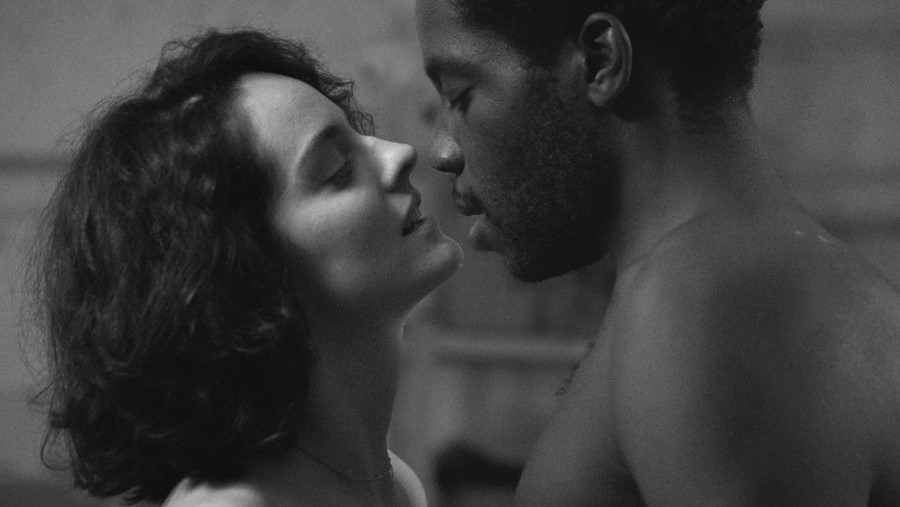From futurist fairytales to heated Parisian romances, we round up our highlights from LFF’s 2021 edition
Although presenting a smaller programme than found in any recent pre-pandemic instalment, the 65th London Film Festival still offered up hundreds of new features and shorts, panels, restorations of classics, VR works, and big screen previews of prestige TV series (e.g., season 3 of Succession). It was a relative return to normalcy, made most evident by the plentiful red-carpet ceremonies and almost every programmed feature getting screened across the central London venues. That said, the increased accessibility of last year’s smaller, largely digital edition wasn’t completely abandoned: a decent amount of the features could be rented digitally from anywhere in the UK. And select cinemas in other British cities had their own screenings of some of the higher-profile titles.
In alphabetical order, here are ten of the best titles from LFF 2021 worth looking out for; some on their way to screens big and small soon.
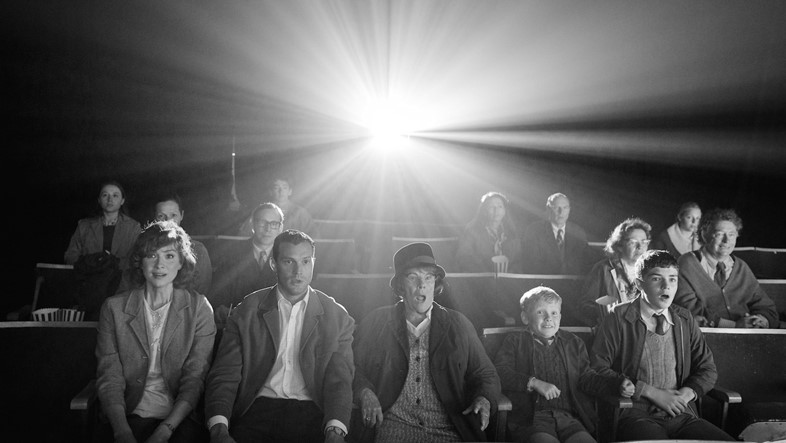
Belfast, 2021
After a long streak of questionable choices as a director (Artemis Fowl, anyone?), Kenneth Branagh finds rejuvenation behind the camera in telling a 1969-set tale inspired by his own childhood. It depicts the months ahead of when his family moved to England from Northern Ireland when he was nine, to escape the Troubles. Largely told from a child’s perspective, Branagh’s lively black-and-white saga mixes moments of euphoria and magical realism with palpably raw emotion. As Branagh’s onscreen surrogate Buddy, newcomer Jude Hill shines, but it’s the adults of the piece (Caitríona Balfe and Jamie Dornan as his parents, Judi Dench and Ciarán Hinds as his grandparents) that break your heart.
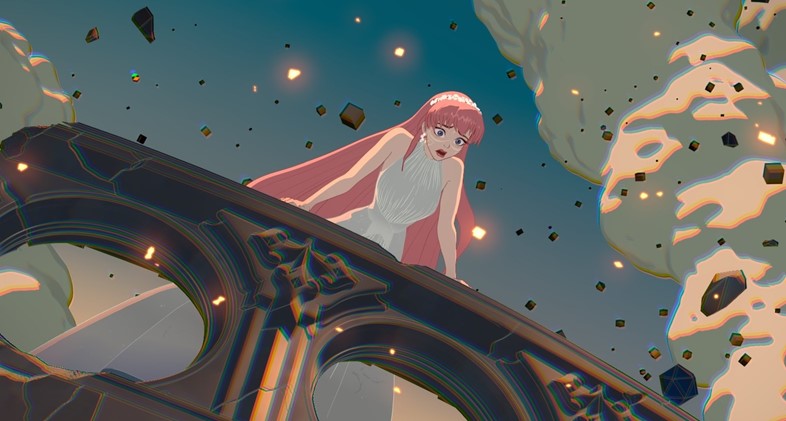
Belle, 2021
With features like Wolf Children and Mirai, Japanese filmmaker Mamoru Hosoda has steadily become one of the most exciting writing and directing voices in animation. Belle sees him reach grand new heights. Ostensibly a take on Beauty and the Beast as transplanted to the setting of a massively multiplayer online game, it transforms into something more slippery and deeply resonant as a coming-of-age tale. With incredible spectacle and banging tunes, it’s a visual and aural feast that absolutely must be seen on the biggest screen possible.
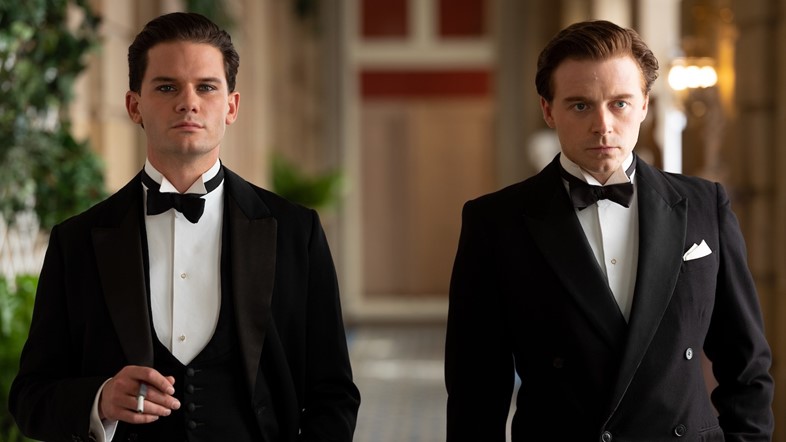
Benediction, 2021
Whether explicitly addressing his own formative years (Distant Voices, Still Lives) or telling the life of someone else (Emily Dickinson portrait A Quiet Passion), the elliptical films of Terence Davies always end up reflecting something devastatingly personal about the artist at their helm. This continues with his latest rhythmically odd biopic, Benediction, which explores the life of Siegfried Sassoon, the gay English poet and writer whose anti-war verses brought him praise, though peace of mind across his life was all too out of reach.
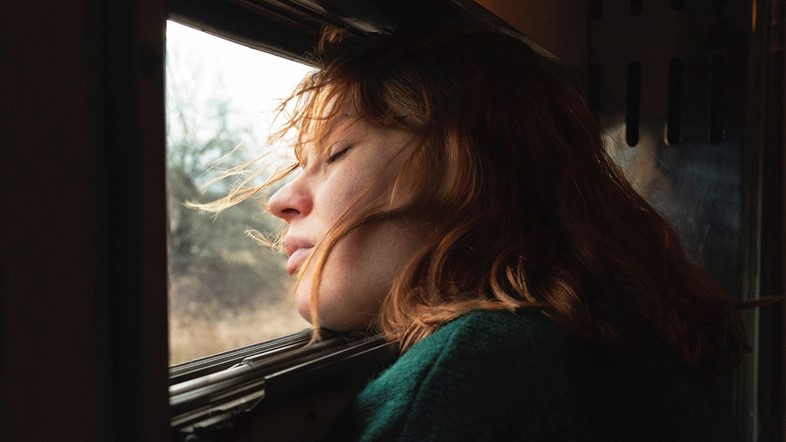
Compartment No. 6, 2021
Settling down for a two-hander narrative about people of different nationalities travelling by train in Europe, you might initially expect a Before Sunrise-style meet-cute. But a romantic tale this gem is not, though the odd couple at its centre – a Finnish trainee archaeologist and a hard-partying Russian skinhead, both heading to icy Murmansk in winter – are also not perpetually at odds during their long, cramped journey. There’s much warmth bubbling under the frost.
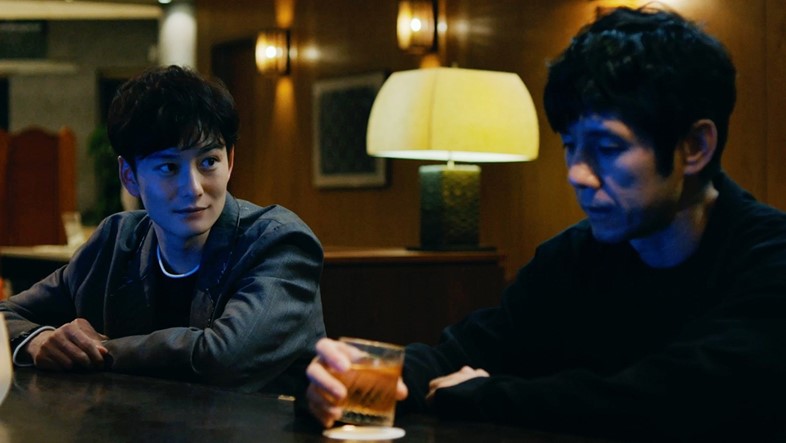
Drive My Car, 2021
Loosely adapted from Haruki Murakami’s short story of the same name into a three-hour intimate and humanistic epic, Drive My Car is another transfixing marvel from writer-director Ryusuke Hamaguchi, one of the greatest filmmakers to emerge from Japan in the last decade and a half. Much like his triptych narrative feature Wheel of Fortune and Fantasy (which also played at this year’s LFF), Drive My Car thrives on being a film that almost never goes in the dramatic directions you may be expecting.
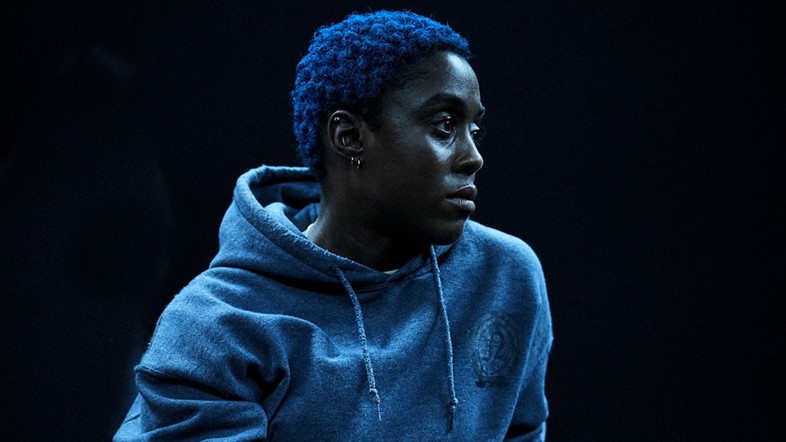
ear for eye, 2021
Adapting theatre to another medium is always a difficult balancing act, but Debbie Tucker Green’s experimental 2018 play makes a leap to the screen in a way that both celebrates and expands its stage origins, allowing the important conversations it addresses to reverberate with a wider audience. Tracking racial injustice across multiple continents and timelines, the multi-part piece is a searing cry of anger, beautifully performed and realised. The film simultaneously premiered on BBC Two during the festival, so you can currently watch it on BBC iPlayer right now.
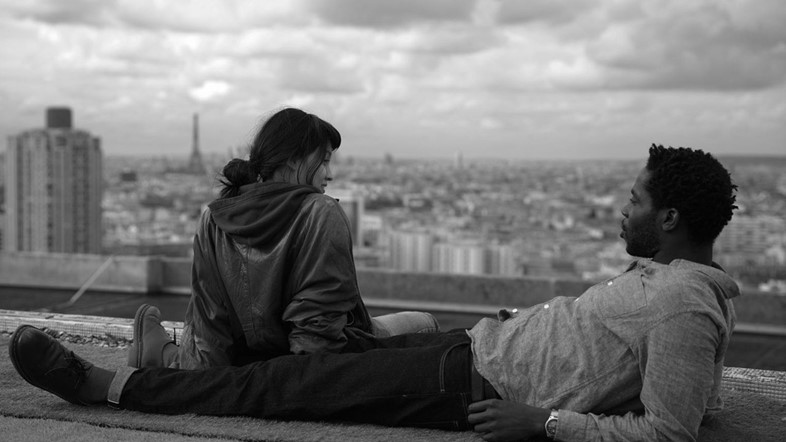
Paris, 13th District, 2021
Few films depict Paris like Jacques Audiard’s latest, mainly because the filmmaker – adapting three stories by graphic novelist Adrian Tomine – avoids almost all traditional romantic notions of what a Parisian film is like. There’s not a familiar tourist-baiting site to be seen in this symphony of sex, love and survival in a high-rise neighbourhood, shot in monochrome in such a way as to seem like a futuristic metropolis at times. A funny, electrifying, sexy film, it hosts four wonderful central performances (including Savages frontwoman Jehnny Beth), but it’s newcomer Lucie Zhang as Émilie (in Paris) who’s the biggest revelation.
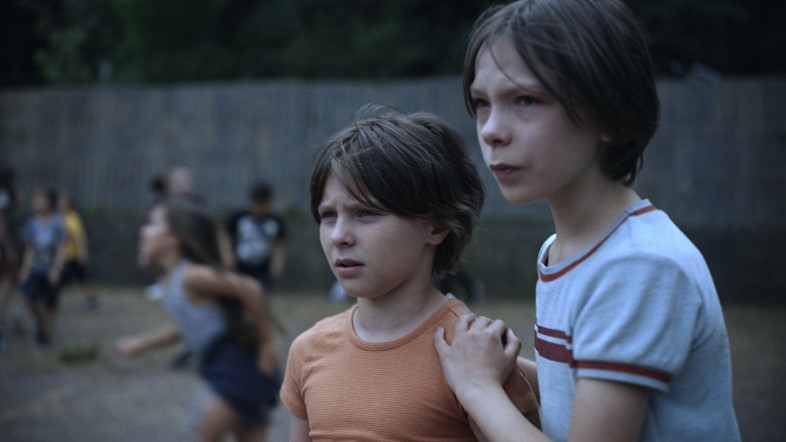
Playground, 2021
A mesmerising and succinct debut from Belgian writer-director Laura Wandel, Playground deservedly collected LFF’s Best First Feature prize. Centred on one of cinema’s new greatest child performances (Maya Vanderbeque), it presents playground politics as a microcosm for the wider world, whereby a seven-year-old girl’s attempts at intervening in the bullying her older brother faces only worsens his treatment, and has devastating repercussions.
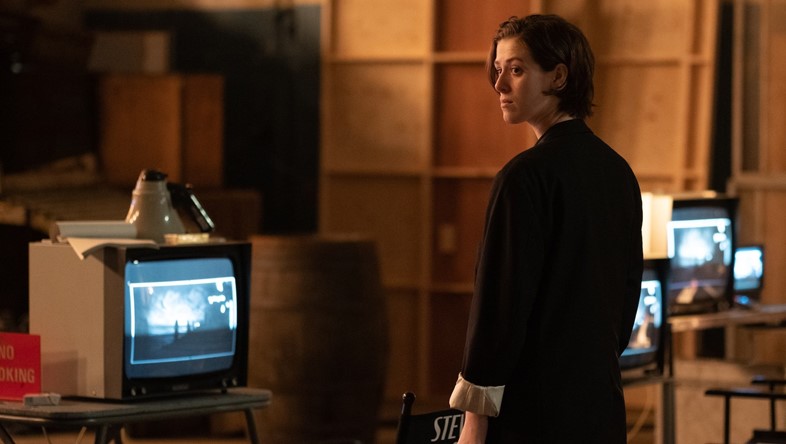
The Souvenir: Part II, 2021
For reasons best left unspoiled, Joanna Hogg’s follow-up to her auto-fictional portrait of her early years as a student filmmaker in the 1980s is one of the new great cinematic sequels. A formally ambitious exploration of grief and self-actualisation that’s sharply self-aware, swinging between belly laughs and gut punches with remarkable skill.
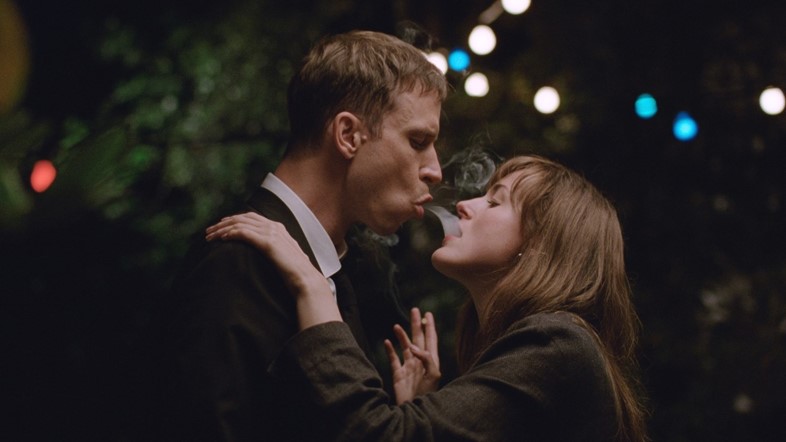
The Worst Person in the World, 2021
Potentially Joachim Trier’s masterpiece to date, the sweet, wryly funny and deeply touching The Worst Person in the World will inevitably (and lazily) be labelled “a Norwegian Frances Ha”. But this four-year-spanning chronicle of the life of Julie, a capricious late-twentysomething navigating love and a sense of purpose, is far more unpredictable than that superficial comparison may suggest, only growing more piercing across its runtime. Anchored by a magnetic, star-making turn from Renate Reinsve (Best Actress winner at Cannes), The Worst Person in the World is comfortably a contender for The Best Film of the Year.
